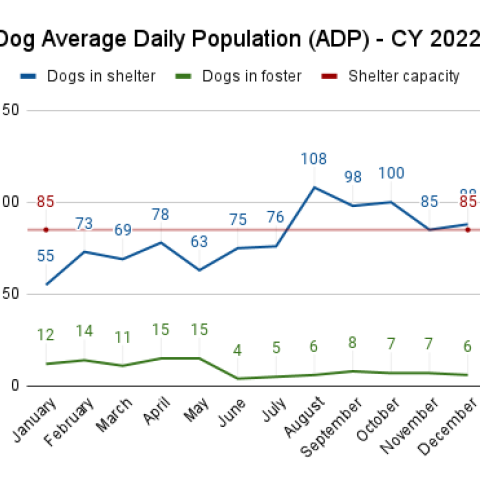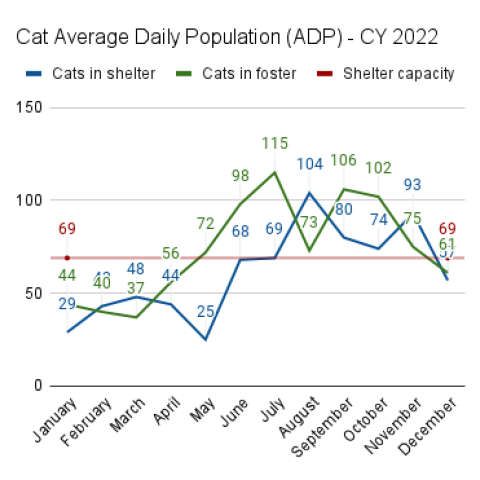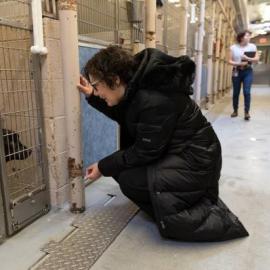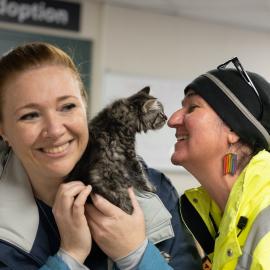Staffing and Budget Update - FY2024
FY 2024 Budget Adopted
UPDATE - June 8, 2023: The Multnomah County Board of Commissioners approved the FY 2024 budget proposal, which includes 10 additional staff for Animal Services.
The adopted budget includes notes from Commissioners Jayapal and Rosenbaum for board briefings about the hiring status for these additional positions.
On April 27, 2023, Multnomah County Chair Jessica Vega Pederson released her proposed budget for fiscal year 2024. The Chair’s proposal includes 10 new staff positions for Animal Services, representing a 31% increase in animal care staff to meet recommendations for National Animal Care and Control standards for feeding, cleaning, and enrichment.
Watch the Animal Services Budget Presentation from May 3, 2023
Budget Timeline
- April 27, 2023: Chair’s Proposed Budget released
- May 31, 2023; 6 - 8 pm: Public Hearing #3, including the budget for the Department of Community Services (DCS) and Animal Services Division. This will be a hybrid hearing held at the Multnomah Building (501 SE Hawthorne Blvd, Portland). Members of the public may attend in-person or watch on the Multnomah County Board YouTube channel
Watch Testimony Related to MCAS from Public Hearing #3
- June 8, 2023: Board adopts the official budget for FY 2024
How can the Proposed Budget change?
During any Worksession, any member of the Board of County Commissioners may:
- Propose an amendment
- Propose a budget note
- Ask for additional information
Sign up to Testify or Submit Comments
MCAS Staffing Needs
MCAS conducted a recommended staffing study to assess capacity to provide basic cleaning, feeding, and enrichment services based on national recommendations. MCAS utilized the most recent shelter population reports from 2022, formulas provided by the National Animal Care & Control Association, and consulted with regional partners in the Animal Shelter Alliance of Portland, and Dr Sandra Newbury, Chair and lead author of the Association of Shelter Veterinarians Guidelines for Standards of Care in Animal Shelters (1st ed). Dr. Newbury affirmed standard calculations provided by NACA with some variances specific to MCAS for cleaning, feeding, and enrichment allotments per animal.
National Animal Care & Control Minimum Staffing Requirements
Average daily population (ADP), or animals in the shelter each day multiplied by the minutes needed per animal for cleaning, feeding, enrichment, intake exams and recording, and processing outcomes, then divided into hours and days.
At MCAS, our ADP based on 2022 monthly beginning counts is 80 - 90 dogs per day, and 69 - 134 cats per day.
Based on recommendations from our partners in the community - Oregon Humane Society, and professional consultant Dr. Sandra Newbury of University of Wisconsin, we’ve assessed that basic care for animals - feeding, cleaning, and enrichment at MCAS is:
- 35 minutes for dogs
- 30 minutes for cats and small animals
- 20 minutes for other animals, including livestock
Additionally, 30 - 45 minutes are considered for intake for 5-11 animals a day, 60 minutes for 5-12 adoptions per day, and 120 minutes for other daily tasks.
With ADP assessments based on our current intake and capacity range, MCAS calculated the need for 15.6 to 25.9 FTE in animal care.
MCAS has 8 animal care staff currently assigned to these roles. 7 additional animal care staff in the proposed FY 2024 budget will help meet minimum care standards for feeding, cleaning, enrichment, and to maintain essential shelter operations and services.
Additionally, community volunteers currently provide the average equivalent of 2.5 - 4 FTE each day. MCAS is analyzing volunteer hours or temporary / on-call staff needed in the event of a potential shelter population surge.
Average Daily Population
The MCAS average population of dogs was assessed in a range of 80 - 90 dogs per day.
In 2022, placement of dogs in foster care was limited. Our foster care system was primarily developed and used to support neonatal kittens.
Since January 2023, MCAS has invested in recruitment and development for our foster capacity for large-breed dogs, with a focus on behavioral care.
MCAS has forecasted our cat population in a range of 69 - 134 animals per day.
MCAS foster volunteers provide the equivalent of another shelter in the community for cats and kittens. While these animals are offsite, staff are needed to manage and coordinate their care- including receiving new kittens at the shelter, and coordinating feeding and health checks with fosters.
MCAS consistently serves over 1,000 kittens a year, and has maintained an annual live-release-rate for kittens of over 90% thanks to foster volunteers. While we’ve officially limited our intake of found cats to medically at-risk animals- kittens are a primary at-risk population.
MCAS will continue to invest resources to support the Animal Shelter Alliance of Portland’s collaborative Spay & Save program, and look to develop additional resources for community cats using donations to our Spay & Neuter Fund.
Client & Field Services
Also included in the budget proposal are 2 additional office assistant staff members to provide client support over the phone and in person for found animal owner tracing and contact activity, pet licensing, admissions, adoptions, and other needs.
An additional dispatcher is also included in the proposed budget to support Field Services, and increasing cruelty / neglect complaints, animal welfare checks, and other needs in the community.

Laura H.
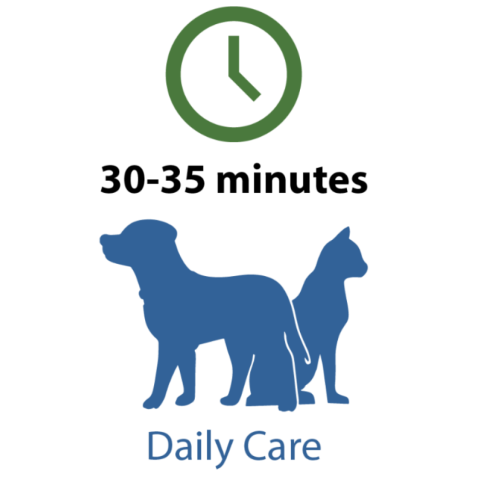
Curtis W.
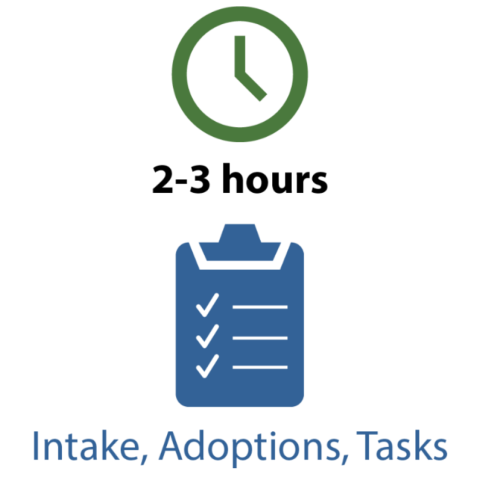
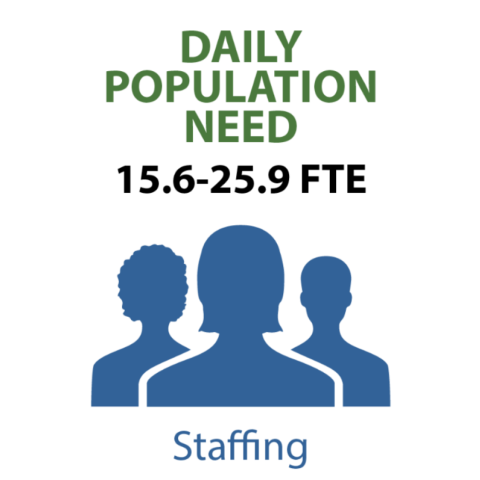
Curtis W.
